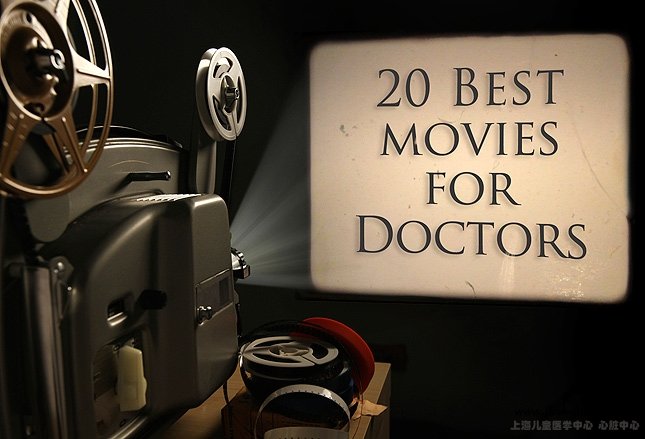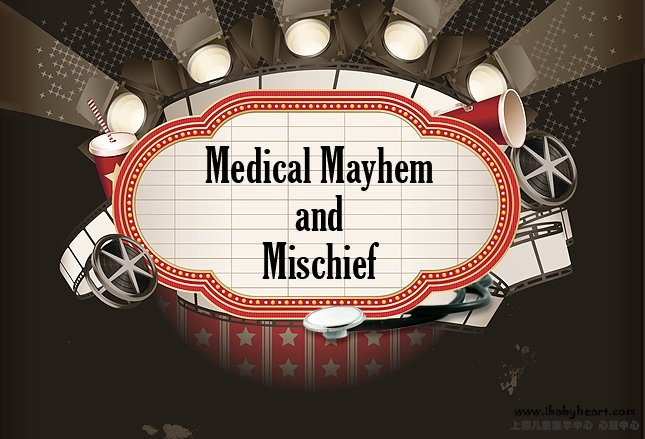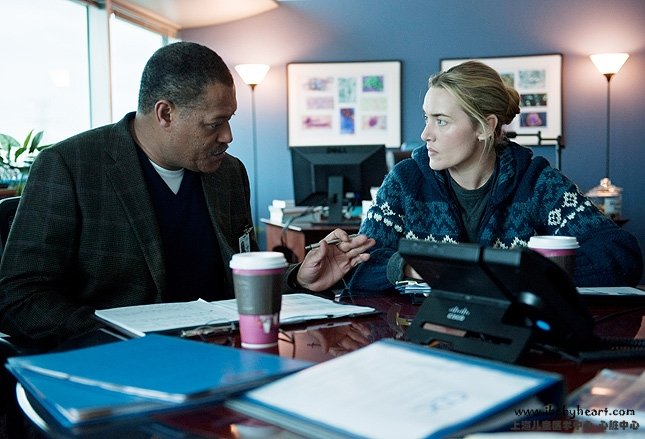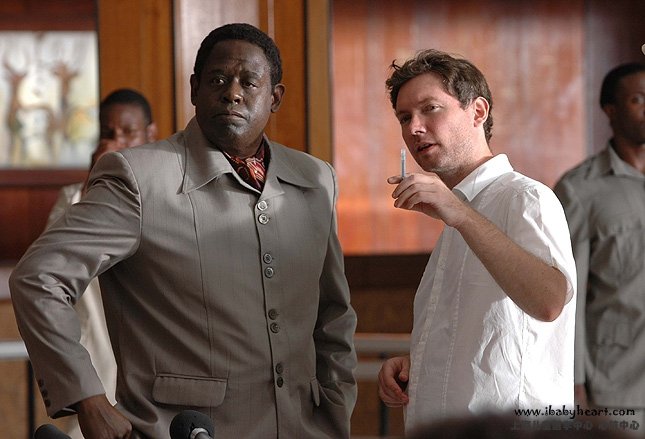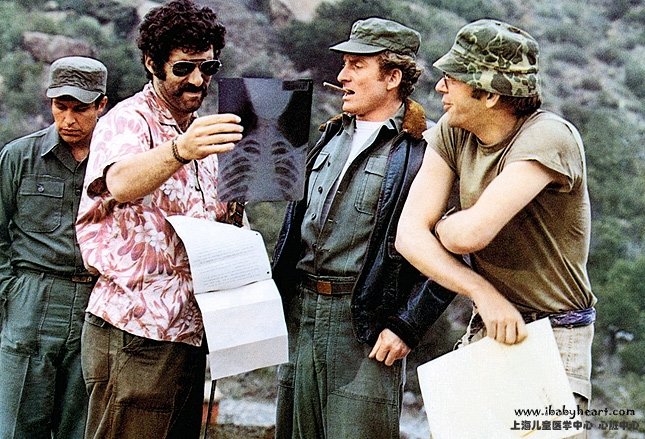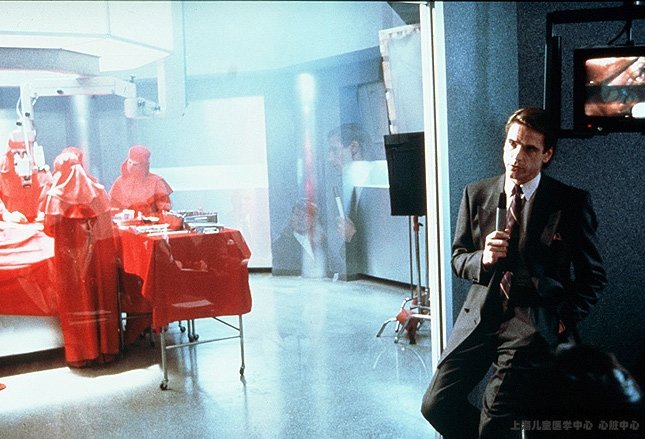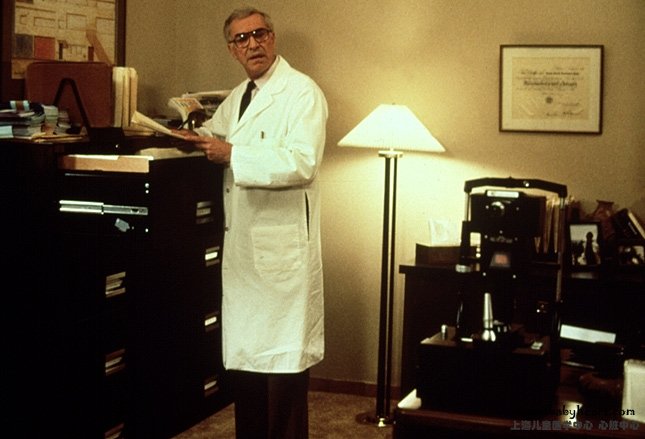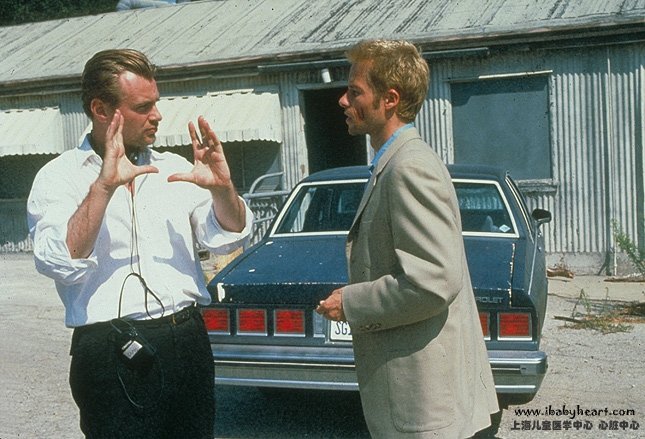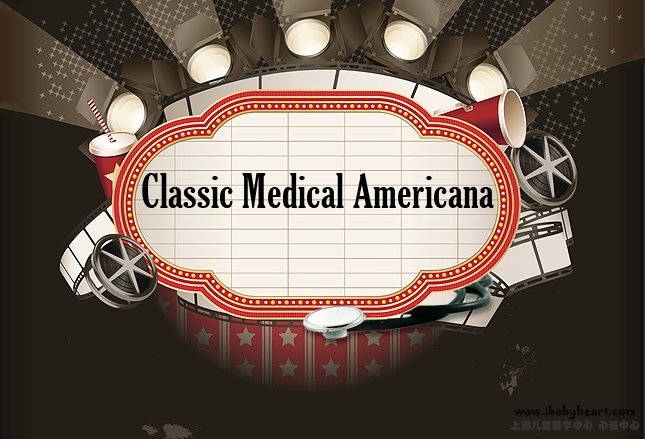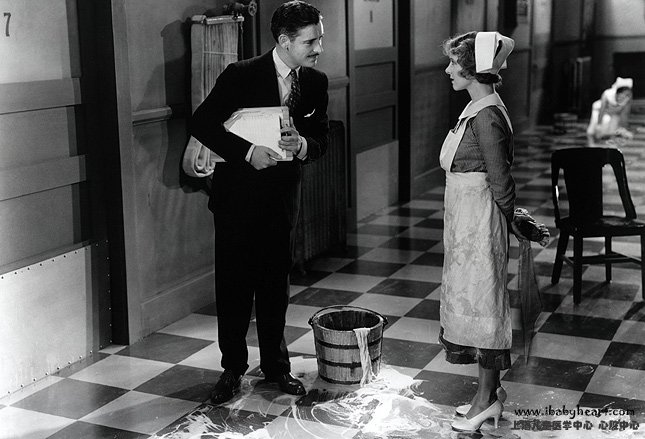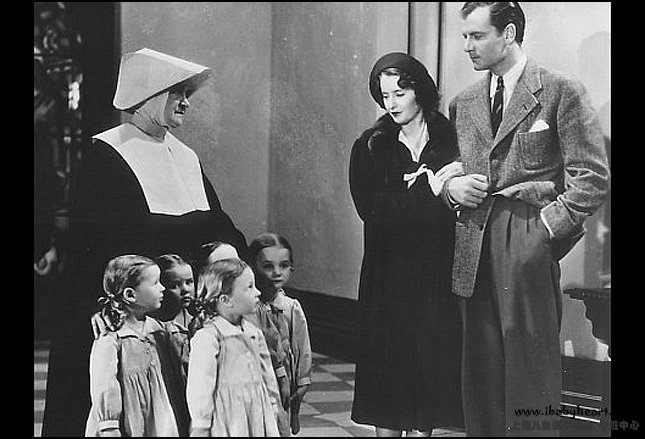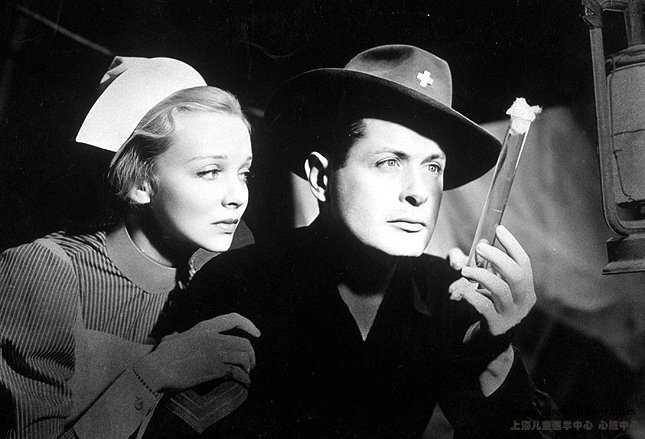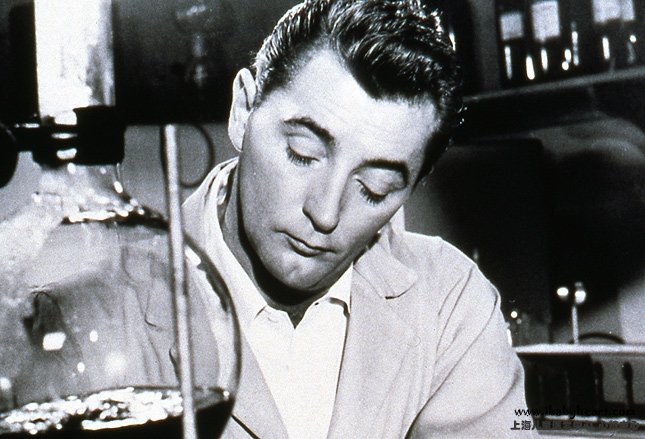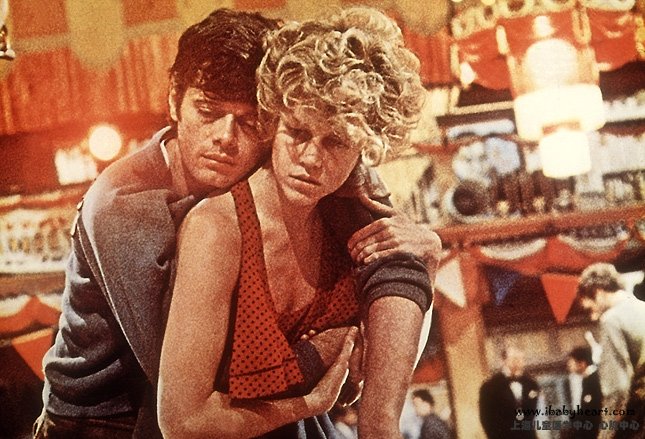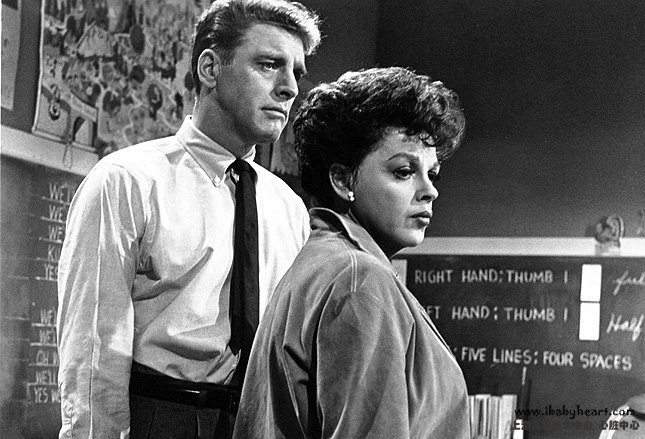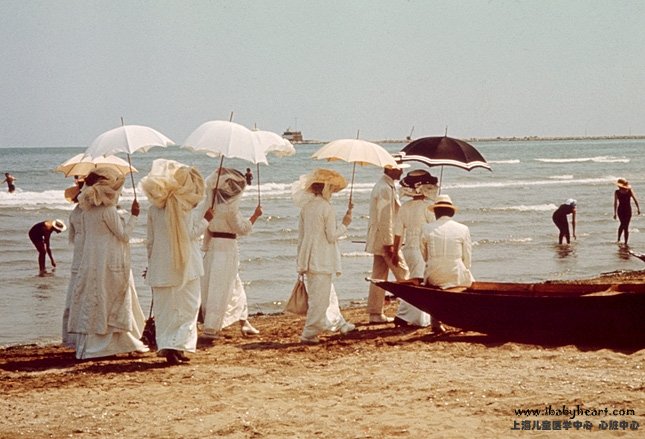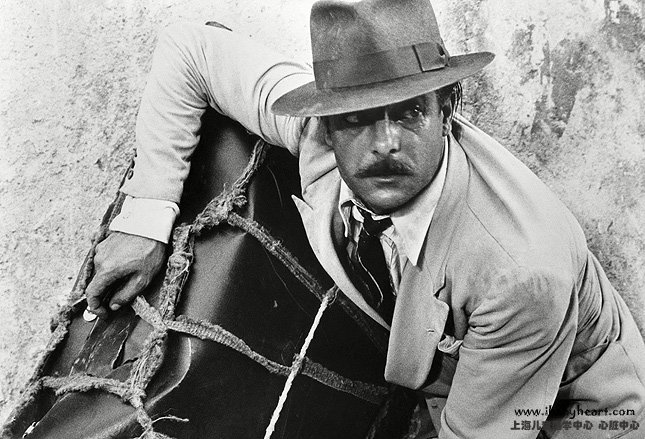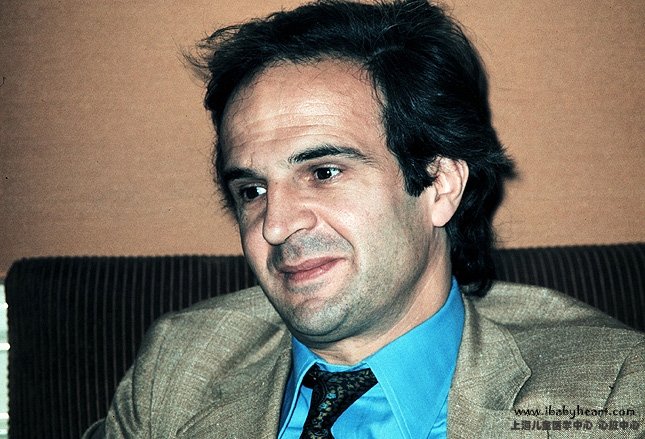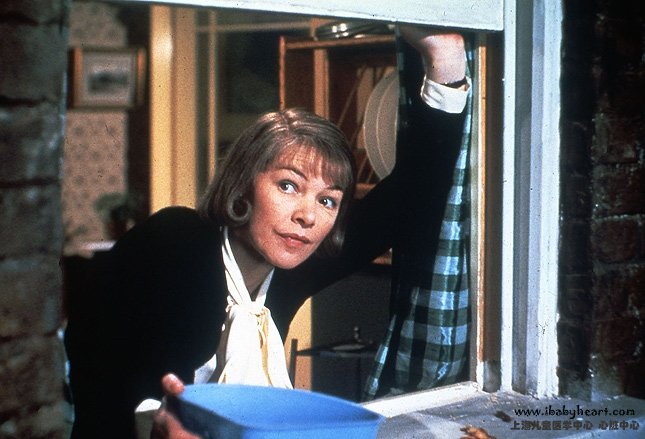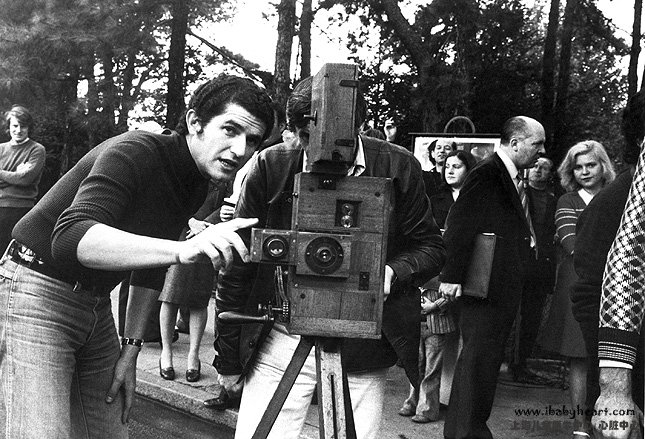日志
医生必看的20部电影
||
Physicians seek out films for various reasons, ranging from escapism
to humor to finding uplifting experiences that offer new insights into
daily life. We've invited 3 knowledgeable film aficionados -- 2 leading
physicians and a noted movie critic -- to recommend films they believe
are especially well suited for physicians. Some of these films
demonstrate the travails of dealing with the medical system or depict
doctors who are emphatically not worth emulating. Others
illuminate the human condition or offer ethical insights that are
broadly applicable. Still others are simply entertaining. We've arranged
the films into 3 categories: Medical Mayhem and Mischief, Classic
Medical Americana, and International Gems
From left: Laurence Fishburne, Kate Winslet
Contagion
Matt Damon, Kate Winslet, and Jude Law
Director: Steven Soderbergh, 2011
In this medical thriller, researchers and public health officials race to identify and contain a deadly airborne virus transmitted by fomites and to develop a vaccine to combat it. The film, with a star-studded cast that includes Matt Damon, Marion Cotillard, Laurence Fishburne, and Jude Law, explores the impact of a pandemic on the social order. The screenwriter, Scott Z. Burns, consulted with World Health Organization representatives and prominent medical experts, and scientists generally vouched for the accuracy of the results. Contagion, says Dr. Auwaerter, is "a great infectious diseases film that does a more than credible job on a scientific basis, while keeping you entertained, all the while exploring how we react in crises, from medical choices to medicinal hucksterism."
Image courtesy of Rex Features
From left: Forest Whitaker and director Kevin Macdonald
The Last King of Scotland
Forest Whitaker, James McAvoy
Director: Kevin Macdonald, 2006
Forest Whitaker assumes the persona of Ugandan dictator Idi Amin, in a performance that won him multiple honors, including an Academy Award. James McAvoy plays the role of Nicholas Garrigan, a newly graduated Scottish physician who works at a Ugandan missionary clinic and comes to Amin's attention, in part owing to Amin's admiration for Scotland. Amin invites Garrigan to become his personal physician and to modernize Uganda's health system. Garrigan initially believes Amin's good intentions and becomes ensnared in the web of the dictator's evil deeds. "Great performances that will perhaps help you avoid taking the next call to help a dictator," says Dr. Auwaerter. "Though a fictional account, the film generally resonates true to Idi Amin and the political state of Uganda at that time."
From left: Elliott Gould (print shirt), Donald Sutherland (camouflage hat)
MASH
Donald Sutherland, Elliott Gould, Tom Skerritt, Sally Kellerman
Director: Robert Altman, 1970
What film collection for physicians would be complete without MASH? This dark comedy follows the staff in a Korean War field hospital as they apply the salve of pranks and low humor to the pain of their everyday existence. As Dr. Auwaerter says, "How better to skewer war than with black medical humor and martinis?" Surgeons "Hawkeye" Pierce (Sutherland), "Duke" Forrest (Skerritt), and "Trapper" John McIntyre (Gould), who spend their days battling the carnage of war, retain their sanity through a series of "unmilitary" scenarios. Their targets are often Majors Frank Burns (Robert Duvall) and "Hot Lips" Houlihan (Sally Kellerman), whose pretenses to consistently perform by-the-book make them ripe for deflating. Although Korea was the ostensible setting, the film found a ready audience when it appeared during the Vietnam War.
George C. Scott, Diana Rigg
The Hospital
George C. Scott, Diana Rigg, Barnard Hughes
Director: Arthur Hiller, 1971
Dr. Herbert Bock (Scott) is chief of medicine at a large New York City hospital. His personal life is in tatters: He's left his wife and broken relations with his "shaggy-maned Maoist" son; he plies himself with vodka and has suicidal fantasies. The hospital is also in disarray; as Bock says, "The incompetence here is absolutely radiant!" The body count is mounting among wrongly diagnosed patients, as well as some nurses and doctors. Enter Barbara Drummond (Rigg), an ex-nurse and former druggie who's been living with her father among an Indian tribe. The stories Bock and Drummond share move the film from farce to a higher level, and the chaos within the hospital suggests a broader societal problem in which people are overlooked, at times with fatal results.
Jeremy Irons
Dead Ringers
Jeremy Irons, Geneviève Bujold
Director: David Cronenberg, 1988
This is "among the best films in the limited genre of medical horror films, with a masterful performance by Jeremy Irons," says Dr. Auwaerter. Twin gynecologists, Beverly and Elliot Mantle (played by Irons), who are respected surgeons with an upscale practice in Toronto, have been functioning in what is for them a comfortably perverse relationship with women. Elliot seduces the women and then lets his shy brother step in. But when Beverly falls in love with Claire Niveau (Bujold), an actress who lives in the fast lane, he pulls away from his brother and toward drugs and alcohol. Elliot's descent isn't far behind. The movie is loosely based on a true story of twins who practiced gynecology in New York City "in a fashion perhaps considered below the 'standards of care,'" says Dr. Auwaerter.
Martin Landau
Crimes and Misdemeanors
Martin Landau, Claire Bloom
Director: Woody Allen, 1989
In Woody Allen's probing philosophical and ethical exploration, an ophthalmologist, Dr. Judah Rosenthal (Landau), who is a leading light in his community, fully believes he's earned such prominence and regards himself as an estimable and moral man. Yet Rosenthal finds that he is capable of a terrible, criminal act when his mistress (Angelica Huston) threatens to reveal their affair to his wife (Bloom). A subplot involving Woody Allen, Mia Farrow, and Alan Alda lends sparkling comedic touches, but the powerful impact of this intense film resides in Landau's portrayal of Rosenthal's ability to accept his criminal behavior despite -- or alongside -- his father's teachings and his own purported religious convictions. As he says, "I remember my father telling me, 'The eyes of God are on us always.'"
From left: director Christopher Nolan and Guy Pearce
Memento
Guy Pearce, Carrie-Anne Moss, Joe Pantoliano
Director: Christopher Nolan, 2000
An ex-insurance investigator (Pearce) suffers an injury while witnessing his wife's murder. He has lost the ability to form new memories, and as he tries to find out what has happened, each day's memories disappear when he goes to sleep. To remember who is good and who is bad, he writes notes to himself on papers and on his body. The movie, while riveting, is initially challenging to watch, because it shows the point of view of a person who cannot remember what happened. Half the movie is black and white; half is in color. Hint: The black-and-white portion portrays events in chronological order; the color portion shows events in reverse chronological order. Definitely original and gripping, and a good portrayal of short-term amnesia.
Ronald Colman, Helen Hayes
Arrowsmith
Ronald Colman, Helen Hayes
Director: John Ford, 1931
This film ultimately poses the question, "How far will you go to do what you believe is right?" Arrowsmith (Colman), fresh out of medical school and wishing to be a researcher, finds himself instead as a country doctor in his wife's small Minnesota town, where the hardships and responsibilities of the young physician are nicely delineated. He subsequently develops a serum (on his kitchen table) that saves dying cattle, which allows him to assume the coveted work of a researcher. He travels to the West Indies to test a new serum against bubonic plague. However, setbacks and rampant disease take a toll on his wife, his marriage, and ultimately on his approach to his research. The film was adapted from the Pulitzer Prize-winning novel by Sinclair Lewis.
At right: Barbara Stanwyck, Joel McCrea
Internes Can't Take Money
Barbara Stanwyck, Joel McCrea
Director: Alfred Santell, 1937
This is the first screen appearance of the legendary physician Dr. Kildare, who became part of the public's image of what a doctor should be. Jimmie Kildare (McCrea) treats a widow, Janet Haley (Stanwyck), at a New York hospital. Later, Kildare is in a bar when Janet asks a gangster, Dan Innes (Stanley Ridges), for help in returning her kidnapped daughter; Innes demands $1000 for the information, which the impoverished Janet can't provide. Then a gangster boss, Hanlon (Lloyd Nolan), suffers a knife wound, and Jimmie performs life-saving emergency surgery. A bartender gives Jimmie a $1000 gift from Hanlon for saving his life; Janet later tries to steal that money, causing a disillusioned Jimmie to leave. He returns the money to Hanlon, explaining that interns may not receive payments for their services. After several tense plot turns, better times emerge.
Virginia Bruce, Robert Montgomery
Yellow Jack
Robert Montgomery, Virginia Bruce, Lewis Stone
Director: George B. Seitz, 1938
The early importance of controlled clinical trials gets scrutiny in this emotional movie from the 1930s. Set in Havana at the end of the Spanish-American War, the film depicts Major Walter Reed (Lewis Stone), a surgeon with the US Army Medical Corps, as he and his staff struggle to combat "yellow jack" -- yellow fever, which is killing thousands of Cubans and American soldiers. Reed learns that a retired Cuban physician, Carlos Finlay (Charles Coburn), had proposed nearly 20 years earlier that the Stegomyia mosquito was the carrier of the disease. But his theory had been roundly dismissed, and Reed, understanding that he could not prove it without testing it on humans, begins to arrange to test 2 groups of men under controlled conditions. The drama surrounding the men who volunteer to be exposed to the disease is riveting, as they know there is no cure.
Robert Mitchum
Not as a Stranger
Olivia de Havilland, Robert Mitchum, Frank Sinatra
Director: Stanley Kramer, 1955
Life was always tough for medical residents. A poor but striving medical student, Lucas Marsh (Mitchum), marries an older woman, Kristina Hedvigson (de Havilland), knowing she can pay for his education. The film follows Luke as he seeks perfection in his work, complicates his personal life, and eventually receives a devastating and painful lesson in his own fallibility. Along the way, he has an affair with a wealthy woman (Gloria Grahame), while his best friend since medical school, Alfred Boone (Sinatra), intercedes to try to keep Luke's marriage intact. Charles Bickford portrays the strong but compassionate physician who plays a significant role in his life. Notably, open heart surgery is shown, with an actual human heart depicted in the close-ups.
Michael Sarrazin, Jane Fonda
They Shoot Horses, Don't They?
Jane Fonda, Michael Sarrazin, Susannah York, Gig Young
Director: Sydney Pollack, 1969
This film unflinchingly portrays "the hopeless lives of those caught in the Great Depression and argues for suicide as a reasonable choice," observes Dr. Offit. This allegory of societal destruction is set during the Great Depression, when hardscrabble folks enter a dance marathon that offers a $1500 prize. Gig Young is Rocky, the emcee who provocatively, even sadistically, ups the ante for the participants. Jane Fonda, in a career-boosting role, plays the cynical Gloria, who, when her partner is disqualified, attaches herself to Robert (Michael Sarrazin), who was until then a spectator. Other competitors include the struggling starlet (Susannah York), an aging sailor (Red Buttons), and a married couple who once won a marathon (Bruce Dern and Bonnie Bedelia).
Burt Lancaster, Judy Garland
A Child Is Waiting
Burt Lancaster, Judy Garland
Director: John Cassavetes, 1963
Dr. Matthew Clark (Burt Lancaster) heads a state institution for children with mental disabilities. Jean Hansen (Judy Garland) joins the staff and questions Clark's strict approach to training, believing that her loving demeanor is what the children need. She is drawn to 12-year-old Reuben Widdicombe, whose divorced parents have abandoned him. Although her efforts to reunite the boy with his parents misfire, they do lead to positive developments. Most of the students in the film were actual patients from Pacific State Hospital in Pomona, California, and they enact a play for their parents. "This movie inspired me to be a pediatrician," says Dr. Offit. "I was 12 years old when it was released. The story centered on a child with autism and was one of the first to feature children with Down syndrome."
Death in Venice (Morte a Venezia)
Dirk Bogarde, Björn Andresen
Director: Luchino Visconti, 1971
A story of passion vs restraint, against a backdrop of a cholera epidemic. Adapted from the novella by Thomas Mann, the film depicts an aging German composer (Bogarde) who is grappling with fears that he has lost his humanity. Visiting Venice, he becomes obsessed with an adolescent boy, Tadzio (Andresen), whose beauty and youth he views as ideals he has long sought. Tadzio evokes feelings in him that he thought were gone, and he becomes obsessed with the boy, although they never have physical contact. However, a cholera epidemic that is sweeping Venice and the environs becomes a factor. The persona of the composer is reportedly based on Gustav Mahler, whose music permeates the film. In this exploration of beauty, youth, and death, says Dr. Auwaerter, there are "sequences of such luminous quality that they are as close as you can get to framed art at the cinema."
Florinda Bolkan in 1969
A Brief Vacation (Una Breve Vacanza)
Florinda Bolkan, Renato Salvatori, Daniel Quenaud
Director: Vittorio De Sica, 1973
A woman's diagnosis of tuberculosis prompts her to leave her dreary life in Milan, with an injured husband who is abusive and demanding and 3 spoiled, ungrateful children. She travels to a sanatorium in the Italian Alps. There, she becomes reacquainted with a young man whom she had met in the medical clinic in Milan, and they begin a passionate affair. However, her illness resolves and she must return to her family. "The most powerful scene in the movie is the last one," says Dr. Offit, "when she travels from the serenity of northern Italy, where the mountains are white with snow, to southern Italy, while the train gets louder and louder and the view gets darker and dirtier, eventually to be met by her family at the station to the sound of screeching brakes."
Giancarlo Giannini
Seven Beauties (Pasqualino Settebellezze)
Giancarlo Giannini, Shirley Stoler
Director: Lina Wertmüller, 1975
Drama, horror, humor, farce, and above all a story of survival. Pasqualino Frafuso (Giannini) is a vain, self-important man who had deserted from the Italian army while being sent to the Russian front. He is picked up by the Germans and sent to a concentration camp. To save himself, he sets about to seduce the camp's obese female commandant (Stoler). To "reward" him for this pleasure, she forces him to name candidates for extermination and to kill his best friend. Through flashbacks, the film depicts Pasqualino's trial for murdering his sister's pimp, which he clearly thought of as an honor killing. Protecting the reputations of his seven sisters, who are not beauties, has long been his preoccupation. At war's end, he learns how they've fared in his absence.
Director Francois Truffaut
Small Change, or Pocket Money (L'Argent de poche)
Jean-François Stévenin, Virginie Thévenet, Nicole Félix
Director: Francois Truffaut, 1976
The interior lives and struggles of children, and their resilience, are insightfully portrayed in this film that was nominated for a Golden Globe award for Best Foreign Language Film. Many of the children in the film were not professional actors. As the school term nears its end, certain important life lessons become apparent for some of the primary school students. A series of amusing and sometimes poignant vignettes depict life from the point of view of children whose ages range from 2 weeks to 14 years; in the telling, Truffaut reveals a deep understanding of children. Dr. Offit calls the film a "compassionate tribute to the joys and struggles of children of all ages" and describes his favorite scene: "A young girl pretends to be trapped in her room, calling for help to those gathered beneath her window. 'Tout me regarde,' she says. ('They're all looking at me.')"
Jean-Louis Trintignant, Emmanuelle Riva
Amour
Jean-Louis Trintignant, Emmanuelle Riva, Isabelle Huppert
Director: Michael Haneke, 2012
Dr. Auwaerter calls Amour "one of the best films to capture old age with dignity and charm, despite frailties and medical care." A prominent, financially comfortable, and self-sufficient couple in their 80s, both retired music teachers, are enjoying the good life of culture and a loving relationship until the woman's failing health destroys their stability in an instant. The film depicts her descent and its toll on them both in aching detail, with exquisite and nuanced acting by both Riva and Trintignant. As painful as the deterioration and growing despair are to watch, the director layers on allusions to dreams and nightmares, real and imagined sights and sounds, that lend a heightened sense of tension -- even horror -- to the viewing experience.
Glenda Jackson
Stevie
Glenda Jackson, Mona Washbourne
Director: Robert Enders, 1978
"Even if poetry is not your thing," says Dr. Auwaerter, "this wonderful but hard-to-find film of the Hugh Whitemore play centers on the underrated British poet Stevie Smith (a favorite of Sylvia Plath), exploring themes of loneliness, cruelty, loyalty, and death." Glenda Jackson portrays Smith, who lived most of her life in her childhood home in a London suburb, but managed to enlarge her environs with her satiric and irreverent wit. (She accepted and skewered middle-class values, calling herself "an Anglican agnostic.") Mona Washbourne plays the beloved "old maid" aunt with whom she lived for years. Jackson fully inhabits the role, which she also played on the London stage, and makes the eccentric Stevie unforgettable. Dr. Auwaerter calls the film "a great look at the human condition from the feminine perspective."
Director Claude Lelouch
And Now My Love (Toute Une Vie)
Marthe Keller, Charles Denner
Director: Claude Lelouch, 1974
Marthe Keller and Charles Denner portray characters in love affairs involving 3 generations of families during the 20th century (and the director uses filmmaking styles that were distinct for each period). Encompassing the century's political and cultural history, the film explores those in the generations that preceded a young Parisian couple who are attracted to one another at first sight -- beginning pre-World War I, then post-World War II, and onward. The plots unfold, according to Dr. Offit, through "a wonderful mixture of fate, circumstance, and the irresistible charm of Marthe Keller." This movie, he says, "proves that there is a perfect soul mate out there, and that you're likely to sit next to them on your next plane trip."
